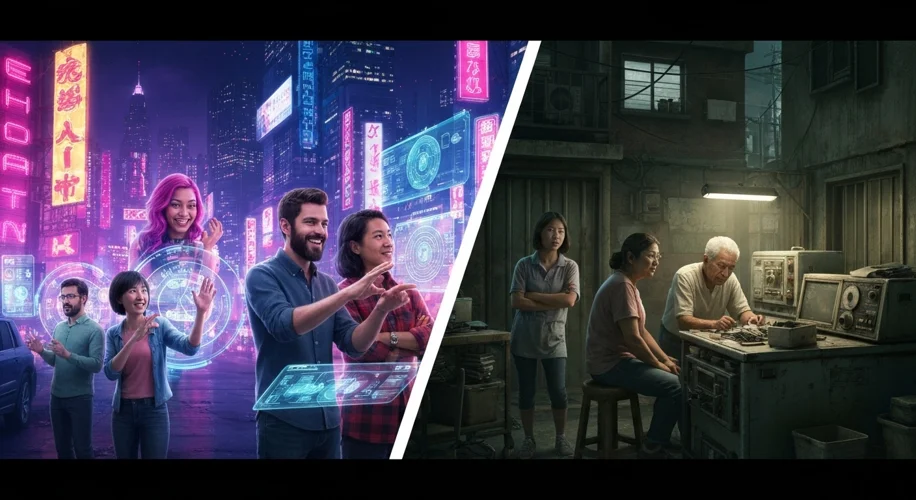It’s easy to look at the incredible advancements in technology and assume they’re lifting everyone up. After all, we have more information, more connection, and more potential for progress than ever before. But as someone who’s spent decades in the tech world, I’ve also seen how these same advancements can, sometimes unintentionally, widen the gap between those who have and those who have not.
From my perspective, understanding economic inequality isn’t just about looking at numbers; it’s also about examining the ethical underpinnings of how we develop and deploy technology.
Think about automation. On one hand, it can boost productivity and create new, often higher-skilled jobs. On the other, it can displace workers who lack the training or resources to adapt. If we don’t proactively consider the societal impact of automation – ensuring access to reskilling programs, for example – we risk creating a two-tiered workforce.
Then there’s the digital divide. Access to reliable internet and modern devices isn’t a luxury anymore; it’s a necessity for education, job searching, and participating in the modern economy. Communities without this access are inherently at a disadvantage, and this disparity contributes to economic inequality. We must ask ourselves: are we building a future that includes everyone, or are we leaving entire segments of the population behind?
The concentration of wealth in the tech sector itself is another area worth exploring. The immense value created by software and digital platforms often accrues to a relatively small number of individuals and companies. This isn’t inherently wrong, but it does raise ethical questions about wealth distribution and the role of innovation in creating broader societal prosperity.
When we talk about AI, the ethical considerations become even more pronounced. Who benefits from AI-driven efficiencies? Are the algorithms we use fair and unbiased, or do they reflect and amplify existing societal inequalities? The potential consequences of deploying AI without careful ethical oversight are significant, potentially exacerbating wealth disparities rather than alleviating them.
My career has shown me that technology is a powerful tool, capable of immense good. But like any tool, its impact depends on how we wield it. It’s crucial to consider not just what technology can do, but what it should do, and for whose benefit. We need a more nuanced approach to technological development that prioritizes not only innovation and profit, but also fairness, access, and shared prosperity. The key question is: are we building a future where technology serves humanity broadly, or one that deepens existing economic divides?

